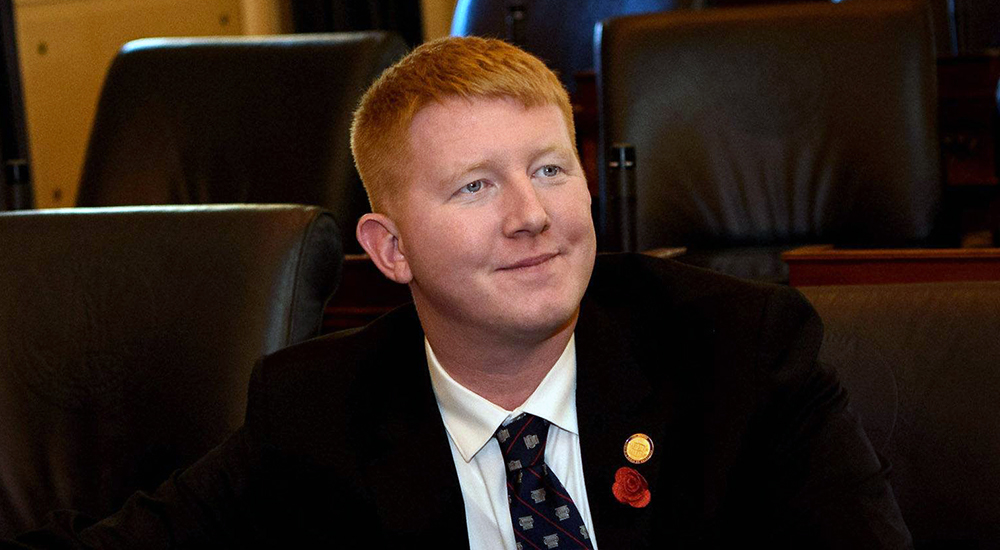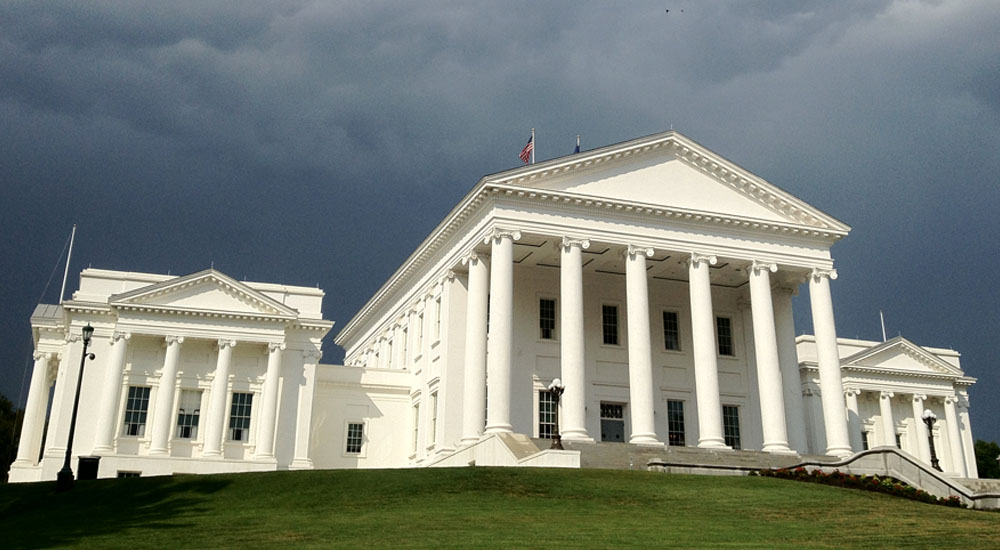The federal government has a spending problem, and a gaggle of self-described fiscal hawks in the House GOP caucus want everyone to know they are dead serious about solving it.
Except they really aren’t – and arguably never were – serious about federal spending. Yes, their social media bluster overspending is quite something, as seen in this tweet:
But when it comes to spending in their districts, these would-be paladins of fiscal probity are just as eager as any dyed-in-the-wool progressive to grab everything they can (and more) for the voters back home:
…a bloc of conservatives in the House — who have loudly opposed several measures to fund the government since the fall — are on track to direct a total of $371.8 million back to their home districts through individual requests. They stand to take credit for federal funding for projects important to their constituents even if they vote against the legislation that includes the money.
Ah – that’s a new one. Grab an earmark or two (three, if you can) and then vote to shut the entire government down because (checks notes) Uncle Sam spends too much money.
“In the old days, if you got an earmark, you were expected to vote for the legislation. And now the fact that you can get the earmark and at the same time vote against the legislation, appropriators back in the ’80s would have been baffled by that,” said Kevin Kosar, who studies Congress and lawmaking at the center-right American Enterprise Institute.
“Baffled”? Absolutely. But more than baffling is the naked display of cynicism that is required to rail against spending – and threatening a government shutdown – with the quest for pork barrel spending in your district.
Here’s the windup:
House appropriators approved $42.1 million and $39.6 million, respectively, for Reps. Ben Cline (Va.) and Andy Harris (Md.), leading GOP spending hawks. (Harris voted for a November law to prevent a government shutdown, but opposed similar measures in September and January.)
Cline’s project would widen portions of I-81, a major interstate that snakes through central and western Virginia. Harris’s 14 earmarks cover various infrastructure improvements on Maryland’s Eastern Shore.
And the pitch:
“This is the only project I’ve requested for any appropriations bill,” Cline told The Post. “I have impressed upon [appropriators] that this is my top priority, and hopefully that does carry more weight.”
A high pop foul out of play, Mr. Cline. But still, kudos of a sort for making clear that your top priority is grabbing an earmark (and some press for it back home).
Just to refresh our memories on why earmarks are bad – and why not so long ago, Republicans banned them – Citizens Against Government waste offers this, from its 2023 Congressional Pig Book:
Legislators often cited the Article I tax and spending power given to Congress as justification for earmarking. As Sen. Mike Lee (R-Utah) and then-Rep. Jeb Hensarling (R-Texas), co-leaders of the Article I Project, wrote in 2017 in regard to earmarks, “Congress needs to assert its power of the purse, but not in this manner.” As practiced in the past, Lee and Hensarling continued, “earmarking was not the innocuous exercise of Congress’ constitutional spending power; it was the tool lobbyists and leadership used to compel members to vote for bills that their constituents – and sometimes their conscience – opposed.” Bringing back earmarks, they wrote, “would make our job harder, make Congress weaker and make federal power more centralized, less accountable and more corrupt.”
Hah – that was then, this is now, and principles — even modest ones — are for chumps.
The opinions expressed in this article are those of the author and do not necessarily reflect the positions of The Republican Standard. It first appeared in American Liberty News.





